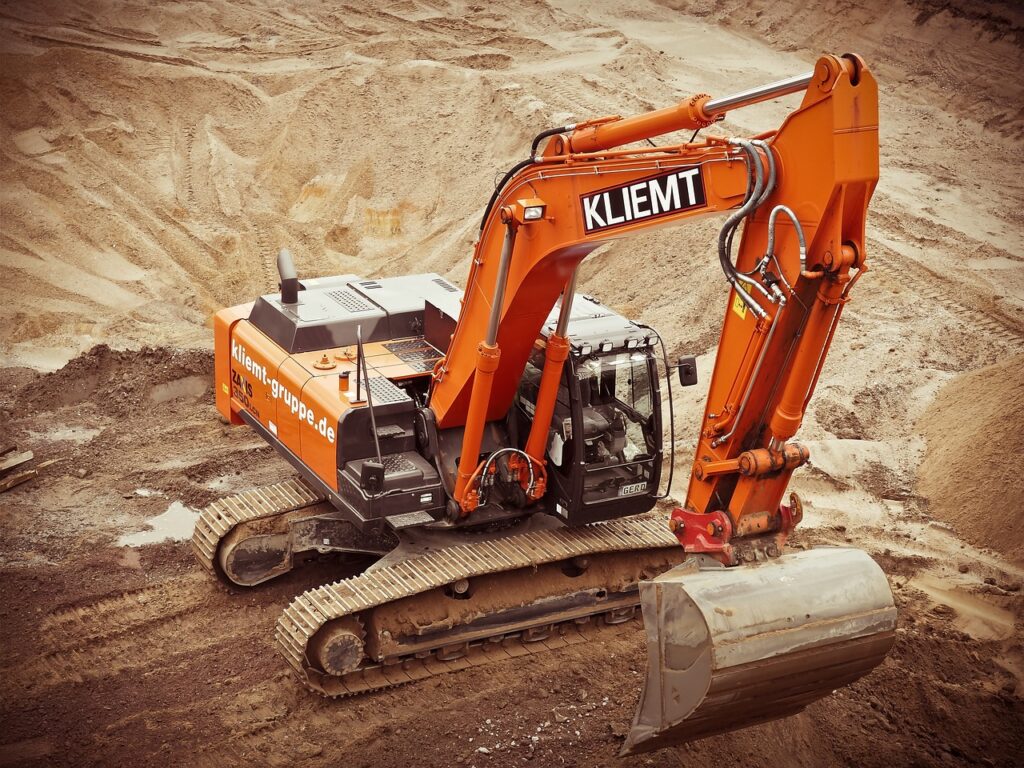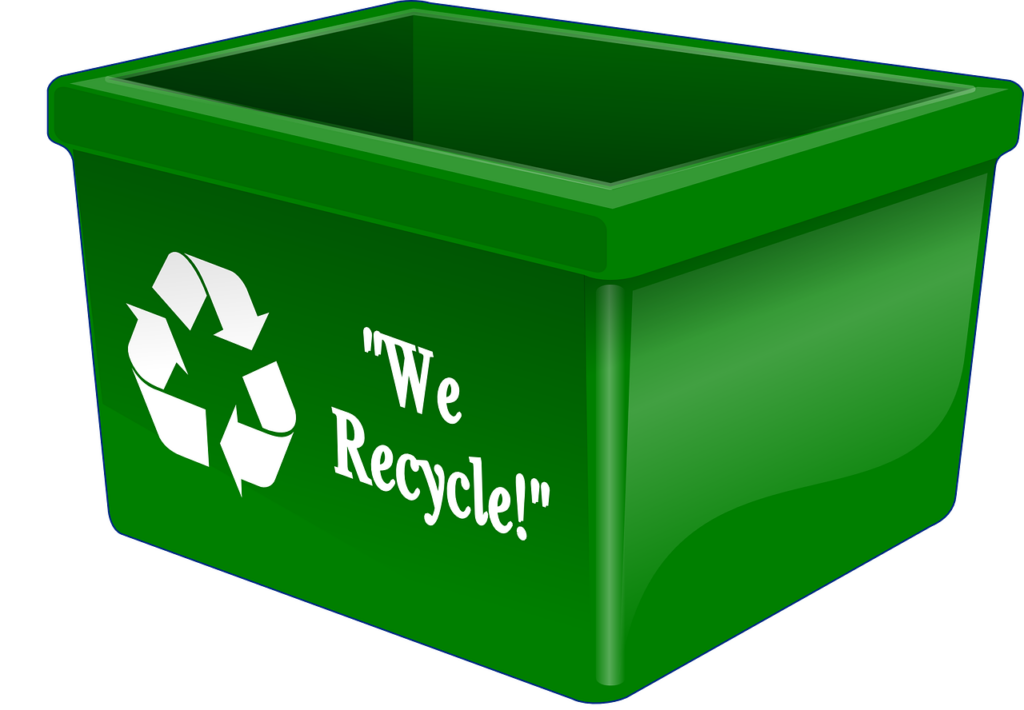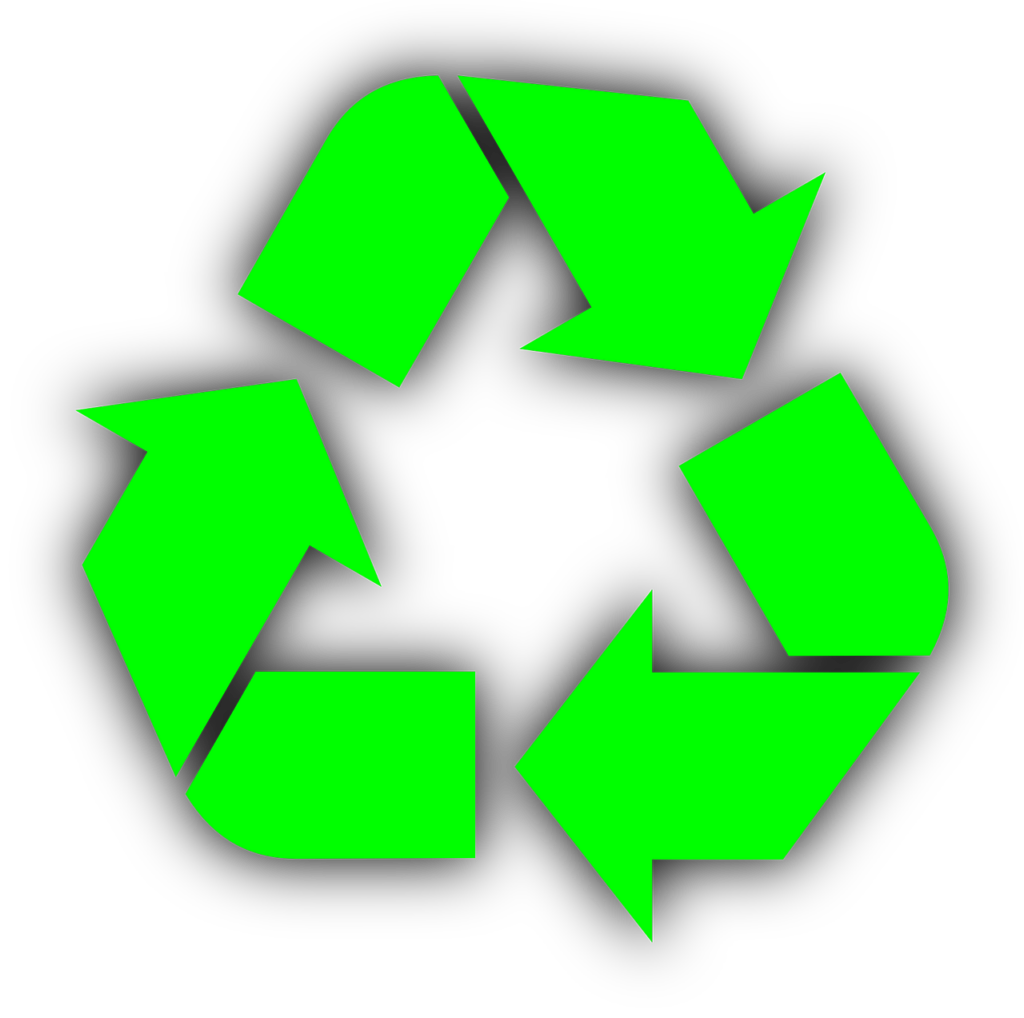Introduction:
The skip bin industry in Melbourne, Victoria, plays a vital role in efficiently managing construction and demolition (C&D) waste. These services not only make waste disposal more accessible but also contribute to a greener, more sustainable future. In this article, we explore how the skip bin industry in Melbourne properly disposes of C&D waste, whether recycling is involved, and the impact of varying rules among different councils.
- Waste Collection and Transportation:
Skip bin companies in Melbourne specialize in collecting C&D waste from construction sites and residential areas. They provide a range of skip bin sizes to accommodate different waste volumes. Once filled, these bins are transported to designated facilities for further processing.
- Segregation and Recycling:
Many skip bin companies in Melbourne prioritize recycling as a fundamental part of their waste management process. On arriving at the waste facility, C&D waste is segregated to recover recyclable materials like wood, metals, concrete, and asphalt. This sustainable approach reduces the amount of waste that ends up in landfills.
- Environmental Compliance:
Skip bin companies must adhere to strict environmental regulations and standards. These rules ensure that waste management processes are conducted in an eco-friendly manner. Companies invest in equipment and training to maintain compliance and minimize environmental impact.
- Varying Council Rules:
One of the unique challenges faced by the skip bin industry in Melbourne is the variation in rules and regulations across different councils. Each local council may have distinct waste management requirements, which can create confusion for both skip bin companies and residents. It’s crucial to stay informed about local council guidelines to ensure proper waste disposal.
- Sustainable Practices:
To address growing environmental concerns, many skip bin companies have adopted sustainable practices. This includes using energy-efficient vehicles, reducing emissions, and minimizing the carbon footprint of waste transportation. Such initiatives align with Melbourne’s commitment to sustainability.
- Recycling Rates:
While recycling C&D waste is a common practice among skip bin companies, the rates may vary. Some companies have robust recycling programs and partnerships with specialized facilities to maximize recycling. However, it’s essential for customers to inquire about a company’s recycling efforts and ensure alignment with their environmental goals.
- Customer Education:
Skip bin companies in Melbourne often take the initiative to educate customers on responsible waste management. They provide information on the proper disposal of C&D waste, including separating recyclables from non-recyclables, as well as advising on local council regulations.
- Responsible Disposal:
Ultimately, the goal of the skip bin industry in Melbourne is to ensure responsible disposal of C&D waste. Proper waste management not only minimizes the environmental impact but also supports the city’s commitment to sustainability and waste reduction.
Conclusion:
The skip bin industry in Melbourne, Victoria, is an essential part of the city’s waste management infrastructure. These companies play a critical role in collecting, segregating, and properly disposing of construction and demolition waste. Many also focus on recycling to minimize waste going to landfills. However, it’s essential for customers to be aware of varying council rules and regulations and to choose skip bin companies that align with their environmental goals. In doing so, we can collectively contribute to a cleaner and more sustainable Melbourne.



